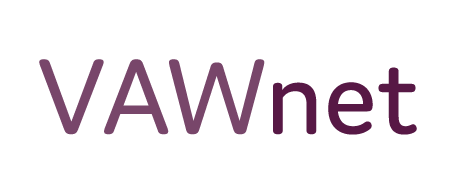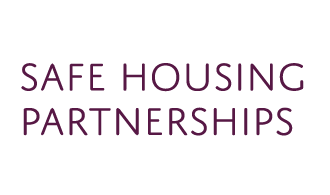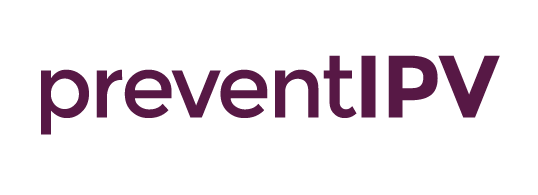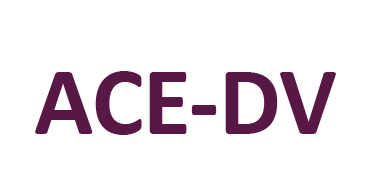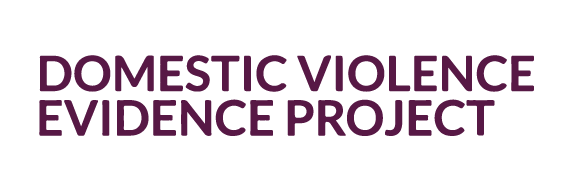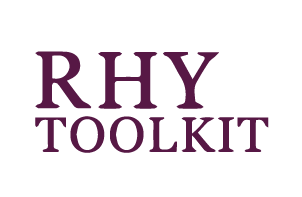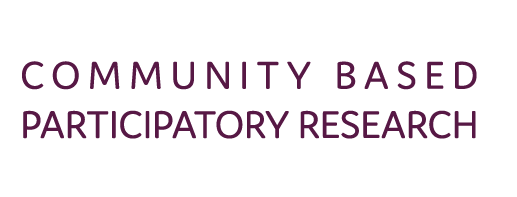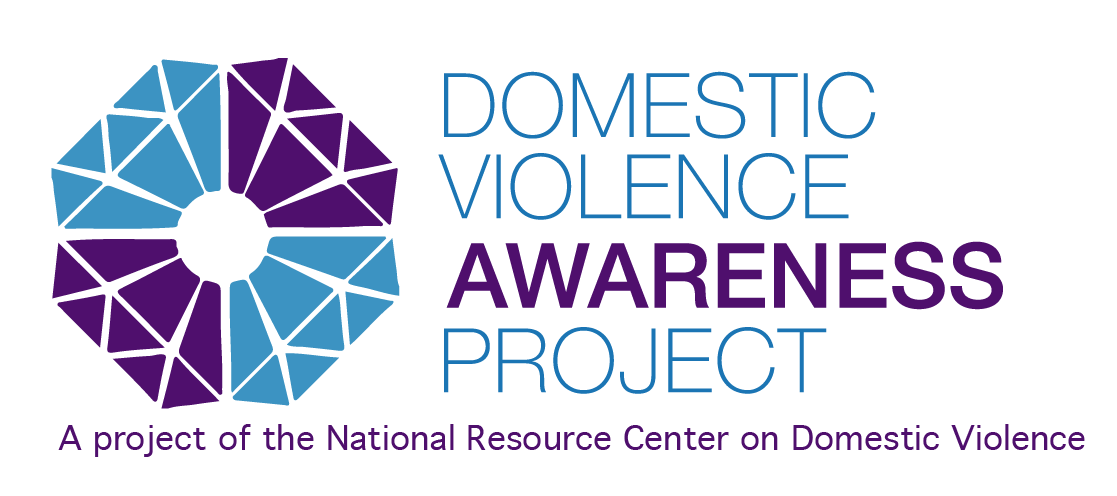APRIL 7, 2021
by Breckan Erdman Winters, NRCDV Program Specialist
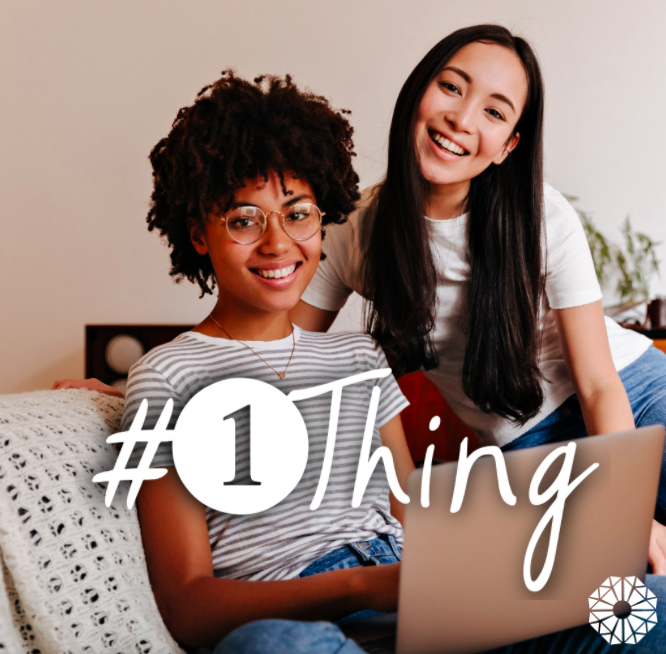 This Sexual Assault Awareness Month (SAAM), the National Resource Center on Domestic Violence is supporting the National Sexual Violence Resource Center’s call to build online spaces that foster healthy relationships, connectedness, and healing. This year’s campaign explores how we can work together to prevent sexual violence and build the world we want to live in by promoting a culture of consent, keeping kids safe online, and building healthy online communities.
This Sexual Assault Awareness Month (SAAM), the National Resource Center on Domestic Violence is supporting the National Sexual Violence Resource Center’s call to build online spaces that foster healthy relationships, connectedness, and healing. This year’s campaign explores how we can work together to prevent sexual violence and build the world we want to live in by promoting a culture of consent, keeping kids safe online, and building healthy online communities.
Learn how digital activism has challenged traditional social, economic and political norms by listening to this recent NRCDV podcast, Stories of Transformation: Joy, Pride & Passion of Youth Activism. Lamar Greene speaks with youth activists Celeste Iroha, Kaloni James and Deborah Austin. These Black women candidly share their lived experiences and how community care and action expands how we look at prevention.
Creating safe online spaces for healing, connection and support is especially important as we work to dismantle anti-Blackness and other systems of oppression that perpetuate violence. We can do this by taking action for healing justice. As Prentis Hemphill writes, “Healing justice is active intervention in which we transform the lived experience of Blackness in our world. And in order to actively intervene and transform the experience of Black life, on every level, our movements and our organizations have to understand and value the wisdom of healing justice.”
#1Thing you can do to take action this Sexual Assault Awareness Month is to use your online platforms to connect with and support Black-led organizations that are creating healing spaces for Black survivors, such as:
- BEAM works “to remove the barriers that Black people experience getting access to or staying connected with emotional health care and healing… through education, training, advocacy, and the creative arts.”
- Black Feminist Future “is an initiative informed by the legacy of Black feminist organizing, grounded in the current pulse of movements and located at the emergent need to amplify the power of black feminist leaders, organizations, and movements for the 21st century.”
- Black Mamas Matter Alliance “is a Black women-led cross-sectoral alliance. We center Black mamas to advocate, drive research, build power, and shift culture for Black maternal health, rights, and justice.”
- Black Women for Wellness “is committed to the health and well-being of Black women and girls through health education, empowerment and advocacy.”
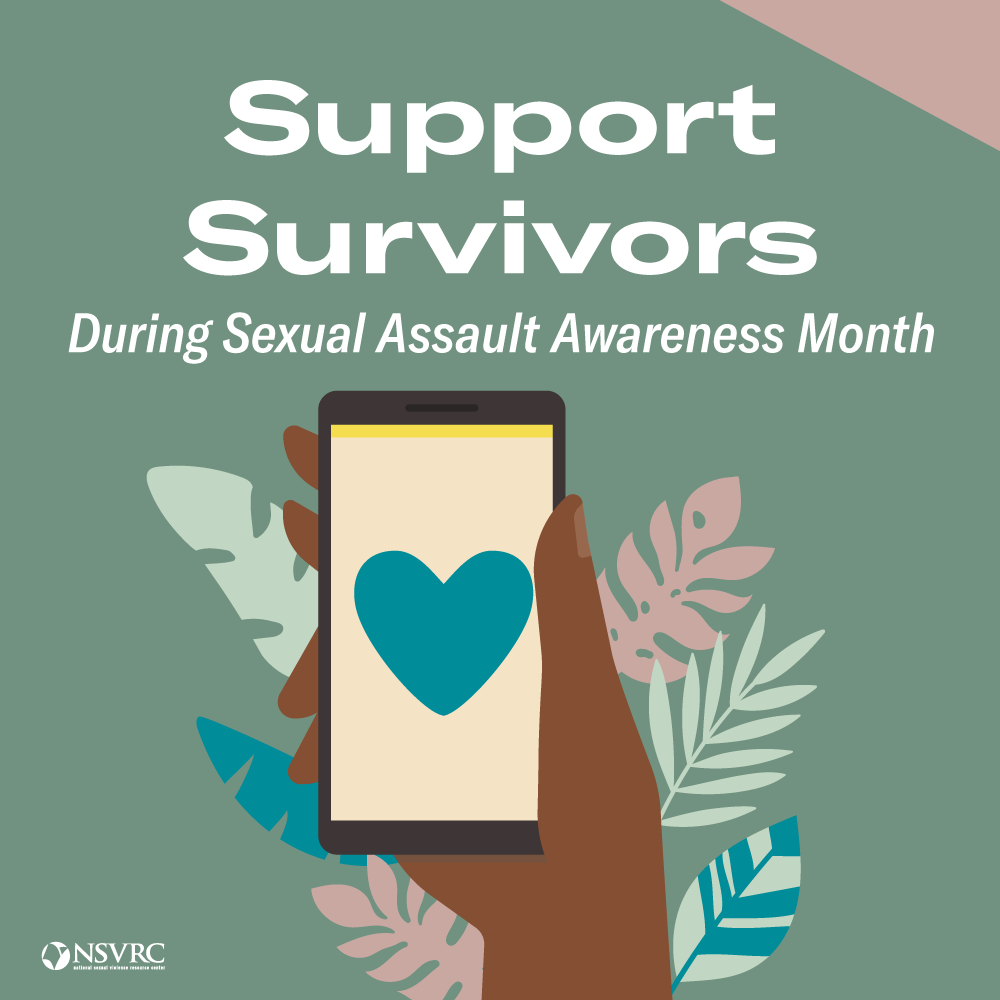 Black Women’s Blueprint “envisions a world where women and girls of African descent are fully empowered and where gender, race, and other disparities are erased.”
Black Women’s Blueprint “envisions a world where women and girls of African descent are fully empowered and where gender, race, and other disparities are erased.”- Black Women’s Health Imperative works to “lead the effort to solve the most pressing health issues that affect Black women and girls in the U.S. Through investments in evidence-based strategies, we deliver bold new programs and advocate health-promoting policies.”
- Sister Love, Inc. works “to eradicate the adverse impact of HIV, sexual and reproductive health rights and justice challenges impacting women and their families through education, prevention, support, research and human rights advocacy in the United States and around the world.”
- Sister Reach works “to empower our base to lead healthy lives, raise healthy families, and live in healthy and sustainable communities by using a four-pronged strategy of education, policy and advocacy, culture change and harm reduction.”
- Sister Song “is a Southern based, national membership organization; our purpose is to build an effective network of individuals and organizations to improve institutional policies and systems that impact the reproductive lives of marginalized communities.”
- The Afiya Center works “to serve Black women and girls by transforming their relationship with their sexual and reproductive health through addressing the consequences of reproduction oppression.”
As we spend more of our time online than ever, commit to using your online platforms to promote healing justice for Black survivors.
Additional resources for taking action:
- Visit NSVRC’s website for ways to get involved with SAAM 2021.
- Tune into NRCDV’s radio’s recent podcast, Joy, Pride & Passion of Youth Activism to hear how young Black activists are using digital activism to challenge tradition social, economic, and political norms.
- Check out the PreventIPV Tools Inventory for promising community-based prevention strategies.
- Learn more about ways to build healthy online communities and promote social justice online from VAWnet’s Safety & Privacy in a Digital World special collection.
- Access free awareness materials, social media imagery, and more from the Domestic Violence Awareness Project’s #1Thing campaign.
